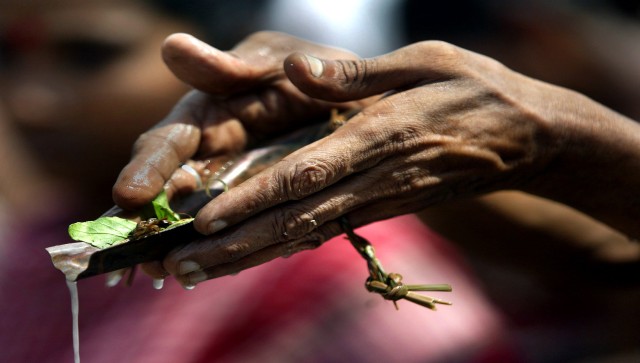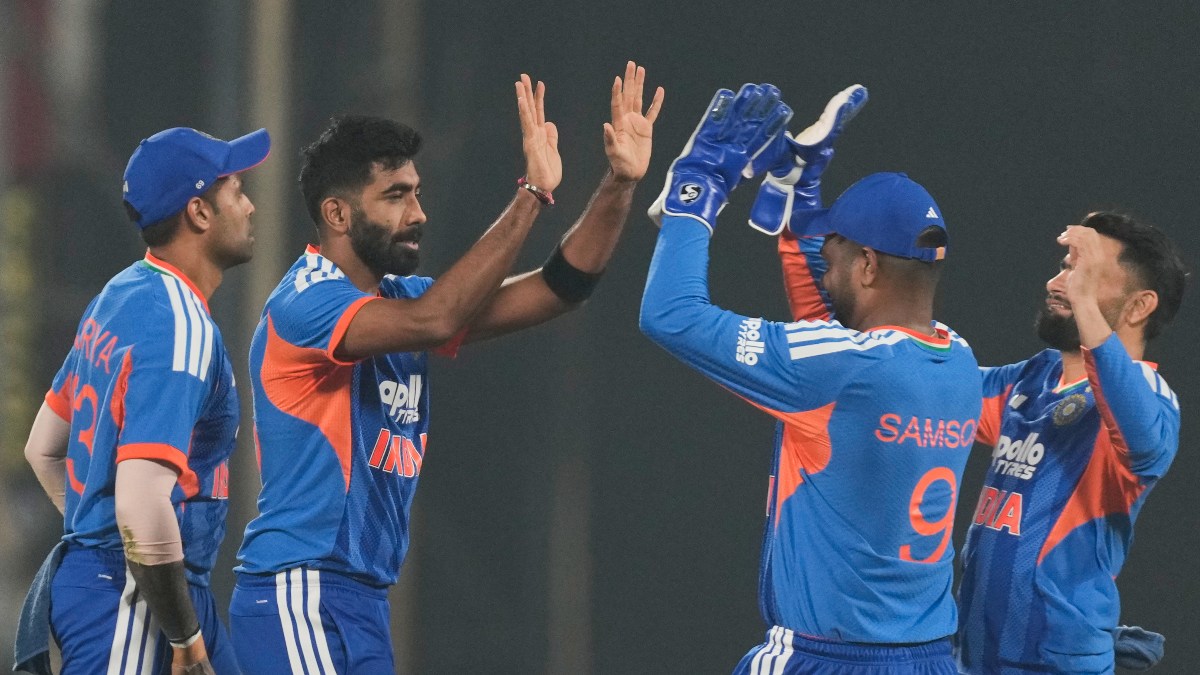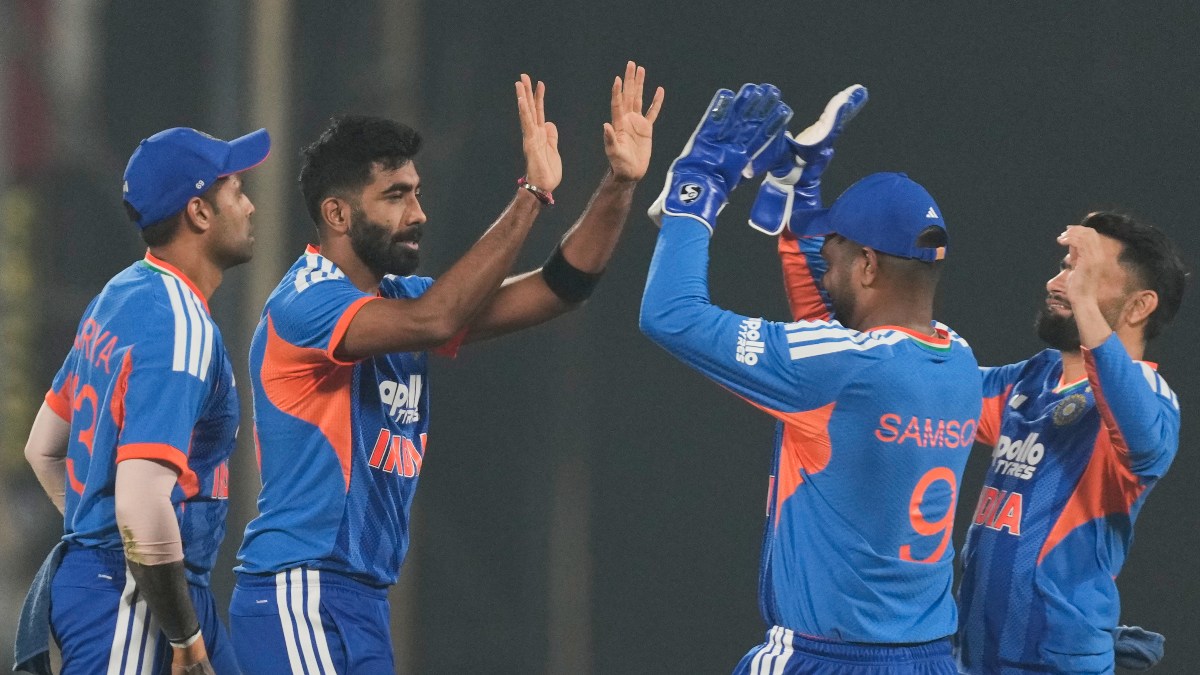In his recent articles, Professor Gautam Sen makes a number of points about the growing use of the word “Hinduphobia” by Hindus in the UK and elsewhere. Some of these points are spot on:
“Hindu activists on both sides of the Atlantic and their organisations are now mobilised to define Hinduphobia and gain official recognition for the alleged phenomenon, with the usual display of intellectual confusion and lack of political nous. Offshoots of the RSS are especially energised on this matter without grasping what Hinduphobia might actually mean and exactly what practical goals and political measures potentially are implied by it. The effective monkey balancing of Hinduphobia with the non sequitur counterpart of Islamophobia is the first illustration of the intellectual and political disarray of Hindu activists. The practising lawyers, banking financiers and IT professionals, who have preempted the discourse on Hinduism, mostly lack domain knowledge though their moneyed status seems to override the need for it.”
I wish though, that Professor Sen had taken his argument at this stage in a different direction. Given the dismal political, commercial and anti-intellectual realities in the way Hindu organisations have tended to operate, what would he see as the role of the independent intellectual, activist, or indeed, ordinary immigrant Hindu parent living abroad, in terms of their approach to organized, pervasive, and growing anti-Hindu rhetoric, action, and now, seemingly, even legislation.
Is the concern only one of semantics, that “Hinduphobia” sounds like “Islamophobia” and will weaken the Hindu case before a, presumably, white, conservative jury? I suspect that Professor Sen knows the issue is deeper than that yet. Yet, he makes the same argument that many Hindu leaders and social media influencers have made before, that saying “Hinduphobia” will somehow make Hindus vulnerable to association with Muslim claims of “Islamophobia,” a term that he believes is heading for “intellectual bankruptcy.”
It is on these details that I would like to offer a different view. First of all, I do not think the idea of “Islamophobia” is going to become bankrupt in any institutional or political sense. There may be a growing resentment around it in the general public particularly when Western academics and celebrities deploy charges of Islamophobia to shut down any criticism of terrorism, but in the institutions which produce discourses about what identities are deemed oppressed/oppressive, such as universities and courts and governments, “Islamophobia” is established quite forcefully now.
Quick Reads
View AllThe following is not an assessment of the Islamophobia claim in itself, just an objective reality I must point out. Every year that passes, more and more graduate students are churned out from universities around the world in subjects like law, politics, history, communication, and so on with “Islamophobia” as their certified subject of study. Every year, such students are employed, given decently paying jobs, that is, in mainstream organizations and institutions like universities, NGOs and corporations where they are permitted to continue their good fight against Islamophobia. In the past few years, dozens of books and movies have been funded and made on this topic. Laws are being made to punish people for Islamophobia, akin to laws against racism, sexism, and so on.
Given all this, I doubt frankly if a few Hindus saying “Hinduphobia” is going to affect the institutional hegemony and perceived validity of Islamophobia much, nor will Hindus avoiding the word “Hinduphobia” somehow magically expose the limits of the word “Islamophobia”. Unlike Hindu words, “Islamophobia” has been truly well fought, bought and paid for – and it is, in the eyes of many liberal Americans, not entirely meritless either considering the post-9/11 excesses that took place like Guantanamo Bay and the Iraq war and so on.
I also doubt frankly, as I will try to explain below, if using the term “Hinduphobia” is going to somehow make Hindus worse off than they already are abroad.
Let us ask ourselves who, in the West, actually believes that “Islamophobia” is “intellectually bankrupt,” and what these peoples’ attitude towards Hindus and anti-Hindu forces in their society generally is. One would imagine it is the conservatives, generally speaking. There are some conservative voices in the West for sure who are sympathetic to the plight of Hindus facing extremist Islamist violence, but one finds these are probably in the minority even among conservative circles.
Many celebrity “RW” intellectuals of the UK, US and Canada widely adored by the Indic “RW” social media people have poured scorn on Hindus and Hinduism several times in recent years. They seem to say exactly the same things that their much-loathed Left-wing intellectuals say about Hindus, and few of them have actually changed their views as far as I know despite all the attempts at instant internet education by internet Hindus. Plus, there is the sharp reality that even if many popular conservative intellectuals in the West have the sympathy of ordinary citizens, they too have been marginalized from the mainstream institutions and discourse.
None of this is to suggest that Hindus need to somehow ingratiate themselves with the Western liberal establishment or the Democratic party either by crying “Hinduphobia.” It won’t happen and that iron wall was clear to us the day Tulsi Gabbard, the last major Democratic politician who threw in her whole weight talking about Hinduphobia (and situating it accurately within the current power structure of the bipartisan military-industrial culture of the US) was sent to Siberia as far as media attention was concerned during the New Hampshire debates.
Hindu Americans who were Democrats, which is probably the majority of Hindu Americans, ought to have taken a much stronger stand for Tulsi then, which they conveniently failed to do. After that, it has been downhill and through the gutter with the Democrats for Hindus. No self-respecting community would have continued to fund-raise and canvas and vote for candidates after they crossed certain lines, and yet, we do that all the time (almost every Hindu I know in the Bay Area seems to have voted for the Afghan American politician currently pushing the controversial caste bill, though some now express remorse). And I won’t be surprised if even the sweeping and outrageous anti-Hindu rhetoric that some Democrats have indulged in fails to produce a Hindu-American “Dexit” by the next elections. In any case, it is not my place to suggest who one votes for, and I will return to the issue of “Hinduphobia” in conclusion.
The key facts that one should keep in mind in assessing this debate are as follows.
One, the term “Hinduphobia” precedes the word “Islamophobia” in usage and comes out of a clear historical context when Hindus were obviously the victims, or at least targets, of violence, prejudice, conquest, enslavement, control and theft. It was used by British writers in 1866 and 1883, as if it were quite an obvious phenomenon anyone ought to understand. The term was still in use until about the 1950s, with even Sardar Patel using it (thanks to Sarah Gates for her research on this). However, the recent revival in its usage does seem to follow the “Islamophobia” rhetoric that began in the wake of the 9/11 attacks. The UK-based group Hindu Human Rights UK popularised it, and so did the US-based author Rajiv Malhotra. The major Hindu organisations, however, appear to have largely avoided it, at least until recently.
Two, Hindu organisations have actually actively sabotaged anti-Hinduphobia legislation in the past, following a similar line of thinking as that advanced by Professor Sen in his article. During the “Dismantling Global Hindutva” conference controversy, a UK-based Hindu leader proudly tweeted to boast that he got the word “Hinduphobia” removed from UK hate crimes legislation a few years ago because he didn’t want Hindus to be associated with Muslims. The current fad of Hindu groups using Hinduphobia is, as Professor Sen rightly points out, sketchy, and follows no known path to success in securing human rights protections and better academic-media representation.
Three, there is currently no legal protection for Hindus against Hinduphobia anywhere, notwithstanding the recent flurry of “resolutions” a few legislatures have passed. It is quite likely that “caste” protections will come into place more quickly and universally in the West than any real action on anti-Hindu hate. For the term Hinduphobia to have teeth, it needs to be defined and operationalised by professional social science researchers, and pushed into laws and policies by community organisations.
Four, Hindu organisations are frankly misguided if they think they can stop any movement (such as caste, for instance) which has had millions of dollars poured into it, for good or for bad, by some last-minute voluntary efforts only partly committed to achieving results, and more committed to carrying out Indian political agendas. This is a harsh fact that must be recognised. Such organisations typically work on producing “leaders” for the ghetto rather than on securing results in mainstream American society in which Hindus find themselves more and more vulnerable.
Five, Hindus living abroad need to get over the delusion that we live in a utopian meritocracy where our refraining from complaint will somehow solve the problem. It may be true that at the moment conservatives in the West still hope to live by meritocracy someday once again (Vivek Ramaswamy’s talk with Jordan Peterson was surprisingly good, in my view, on that note). But to think that some imaginary white knight will come to round up the “Leftists” who are insulting Hinduism is pure fantasy.
Six, Hindus should also recognize that political change is the last leg of the journey. Political tea parties, selfies, and even resolutions mean little. The process starts by realizing that despite all our Hindu paeans to meritocracy, the fight for Hindu survival has not produced ideas that can survive in the marketplace of competing truth claims in the West. Even if the claims about Hindus made routinely in academia and media today are increasingly absurd, we have no effective pushback to it because let’s face it, Hindus are cheap. We have no funding for Centers for Hinduphobia Studies in universities we otherwise are happy to pay top tuition and donations too. We don’t make it possible for the few professional scholars in academia to do the work that has never really been done till now. We have at best a social virus that gets people stuck in ineffective social media loops that create an illusion of participation while the real world goes on and on.
Seven, if Hinduphobia has to stick as a genuine claim (and I believe it is), it will need to be treated as more than a hobby horse, or a campaign slogan for an Indian political party. It is unfortunate that even though the term’s popularity is growing among Hindus (for obvious existential reasons), it still remains lacking in focus, clarity, intent, strategy or effectiveness. All of these need serious support, and serious integrity too.
Finally, the deeper issue that Hindu intellectuals of the day need to address is that of the community’s sense, or lack thereof, of collective danger and harm, whether we use terms like “Hinduphobia” or something else. Why do some Hindus feel hurt and fearful by the kind of hate-filled rhetoric we find in the media and universities today about us, while some other Hindus don’t even notice it? Even now, as some Hindu groups mobilise in California about the caste legislation, we do not find other organisations like business and language-based cultural groups, which presumably have many Hindus in them too, coming out to express concerns about it.
What are the deeper reasons for this indifference? And why is it that even among those Hindus who say there is Hinduphobia, the diagnosis they offer for it is rarely religious bigotry but economic envy instead? Is Hinduphobia a deeply conditioned and perpetuated hostility to our ancestral traditions (and to us for following some of those traditions still), or is it merely a backlash, as many Hindu Americans say, to our education, jobs and modest economic success here? If it’s the latter, then why call it “Hinduphobia”? Call it envy (of course, that won’t change anything either).
I hope the conversation about this will continue, and we don’t make the mistake as a community of repeatedly misreading the conditions of our existence here on the basis of folk psychology and comforting immigrant myths. If a Hindu does not learn to make the case in a classroom in school or college about how Hinduphobia has as deep and long a history as anti-semitism, for that is a fact, our generation would have failed as educators and parents.
The writer is Professor of Media Studies, University of San Francisco. He has authored several books, including - ‘Rearming Hinduism: Nature, Hinduphobia and the Return of Indian Intelligence’ (Westland, 2015). Views expressed are personal.
Read all the
Latest News,
Trending News,
Cricket News,
Bollywood News,
India News and
Entertainment News here. Follow us on
Facebook,
Twitter and
Instagram.


)

)
)
)
)
)
)
)
)



